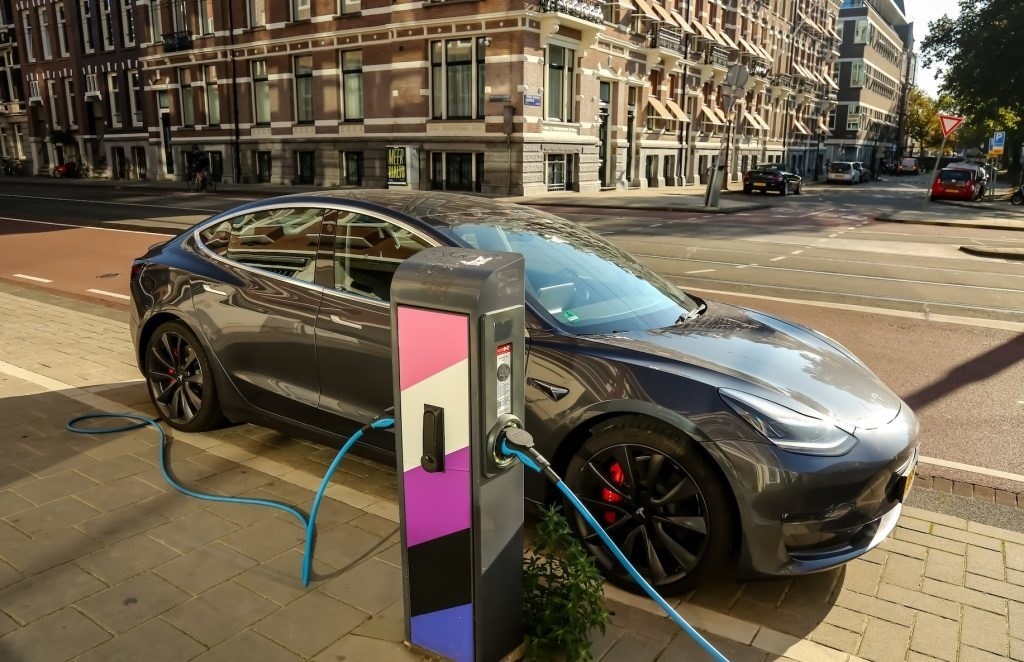All car parks in Brussels serving 10 cars or more must provide electric charging points by 2025, reports Belga.
Both office and public car parks are affected by the ruling, with offices obliged to provide charging facilities for 10% of parking spaces by 2025, rising to 20% by the start of 2030. Public car parks have it slightly easier, with targets of 5% and 10% by the same dates.
The deployment of recharging or alternative refuelling stations, such as electric or hydrogen, for cars, trucks, trains and planes are of crucial importance for Europe’s decarbonization.
Ismail Ertug, EP rapporteur on alternative fuels infrastructure
The decree follows EU moves on alternative fuel infrastructure and comes as part of a suite of actions aimed at fighting climate change and combatting air pollution in the Belgian Capital Region. Nearly 1,000 Brussels residents die prematurely each year as a result of poor air quality, the primary cause of which is traffic.
Included in the capital’s sustainability and livability drive are large-scale investments in public transport, the development of cycling and pedestrian infrastructure, shared mobility, and transit parking.
Encouraging more sustainable mobility is central to ensuring cleaner air for the people of Brussels and thus improving their health.
Alain Maron, Brussels Minister for Climate Transition and the Environment
“The Brussels government is committed to supporting the people of Brussels in their switch to electric vehicles by offering more and more charging stations in all districts. With this decree, we will offer more charging points in car parks so that everyone has an easily accessible charging solution.”
According to a recent study by Vroom, Belgians drive 66 km a day on average. Brussels residents are likelier to drive an electric car than motorists elsewhere in the country, with 10% more of them driving an electric car than the national average. By 2025, the struggle to find a charging spot, within the capital at least, should become a little less stressful.













